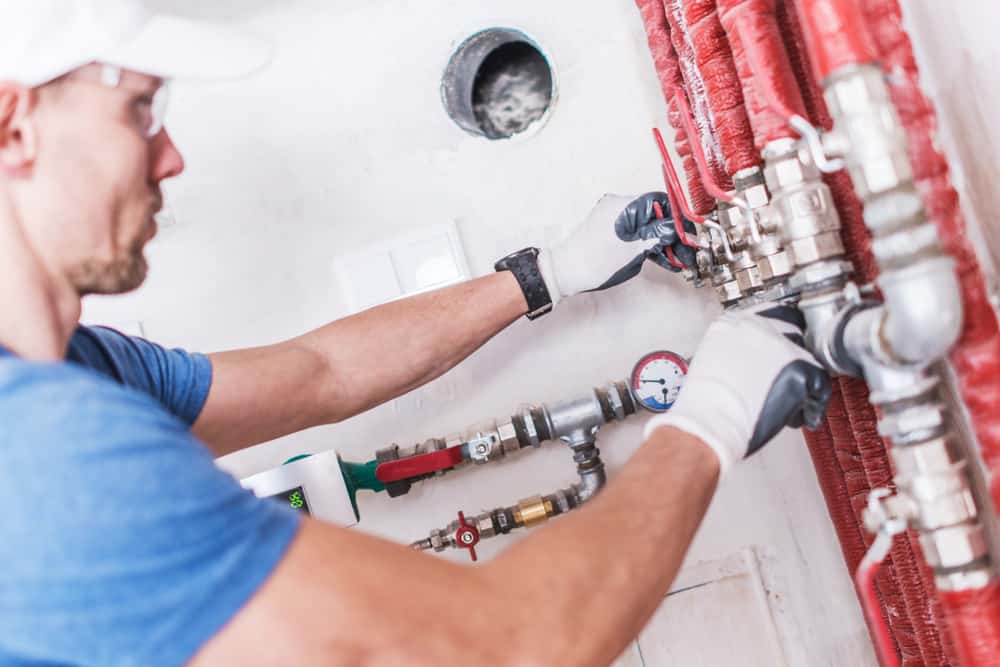
Hydraulic systems do function by the use of pressurized fluids to power an engine. Most of the machinery that requires a hydraulics system is used to push or lift heavy objects. Depending on the field, it only requires a tiny amount of liquid to high power energy.
Most people can attest that the mechanical field is among the most marketable globally at the moment, with an average salary of 63,000 dollars for beginners. This is a course that you can get just for employment and provide you with skills on how to start your own business.
There are quite a several jobs that require hydraulics training and knowledge that you should learn about.
Pump technician
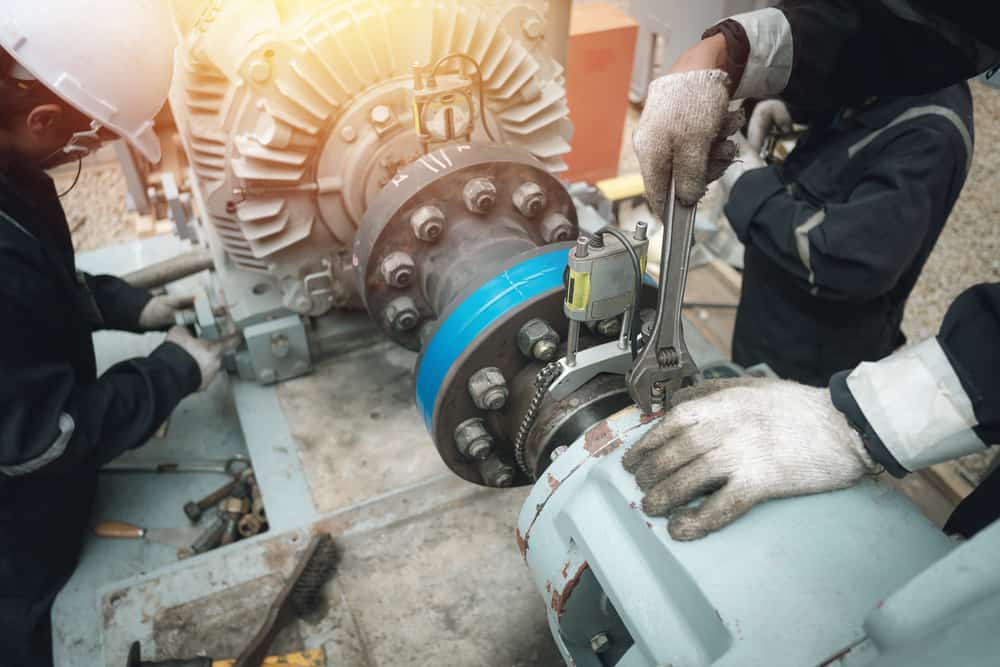
A pump technician is permanently assigned to ensure that the hydraulic pump being inclusive is well maintained. This includes inspecting pipes to ensure that they are working correctly and ascertaining that there are no foreign materials inside them. After a pump technician has detected a problem with the pipes, their role is to inform the firm and ensure they get the right professionals to repair them.
It is also important to note that the pipes’ condition and functioning after the repair are inspected and qualified by the pump technician. To be a pump technician, you need to earn a degree or diploma in your training and have some work experience in mechanics.
Hydraulics engineer

Hydraulic engineering is a demanding task in the mechanical industry. The role of this professional is in water distribution networks, dams, floods, sewage collection systems, and stormwater catchments. These professionals familiarize themselves with different water resources, making it easy to fit in any of them when assigned to.
The work of a hydraulics engineer is to oversee any faults that the industrial equipment may encounter. This includes wearing and tearing, which slows down productivity. Professionals make use of technology to create crisis management strategies that prevent significant losses in industries.
The engineer is responsible for studying different hydraulic structures and creating solutions to enhance more functioning. You need to have a degree or any other certificate and qualification proving that you know how to handle various hydraulic equipment.
Hydraulic technician
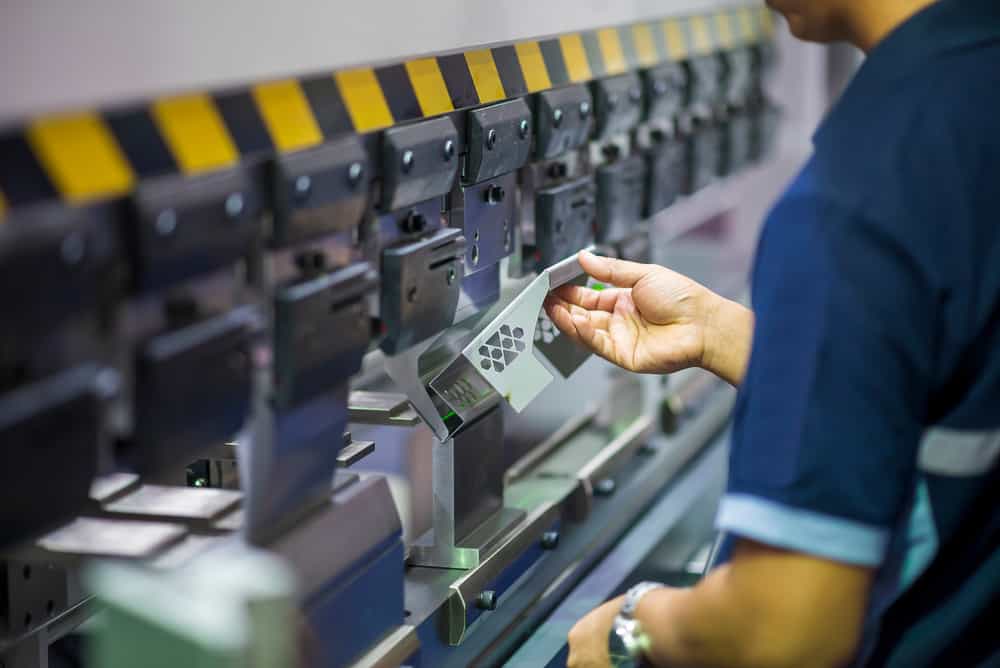
The hydraulic technician, also referred to as hydraulic mechanics, is trained to inspect and repair different hydraulic equipment. They repair and keep monitoring the machinery to ensure that they offer the best function they are ought to.
The types of hydraulic equipment that these professionals repair include lift cranes and forklifts. It would help if you had a bachelor’s degree in hydraulic and mechanical engineering to secure this job.
Civil engineer

Civil engineers are hired to design and supervise large projects. These professionals are both in the public and private sectors. Their role is to converse with the clients and understand the kind of idea for the project.
The civil engineer structures and plans the whole project by including the many resources that will be used and the machinery and equipment required to complete the project. Most of the joint projects that civil engineers handle include the construction of roads, buildings, bridges, tunnels, dams, and sewage control systems.
As a civil engineer, you also need to have experience handling different types of equipment to enhance better supervision.
Valve technician
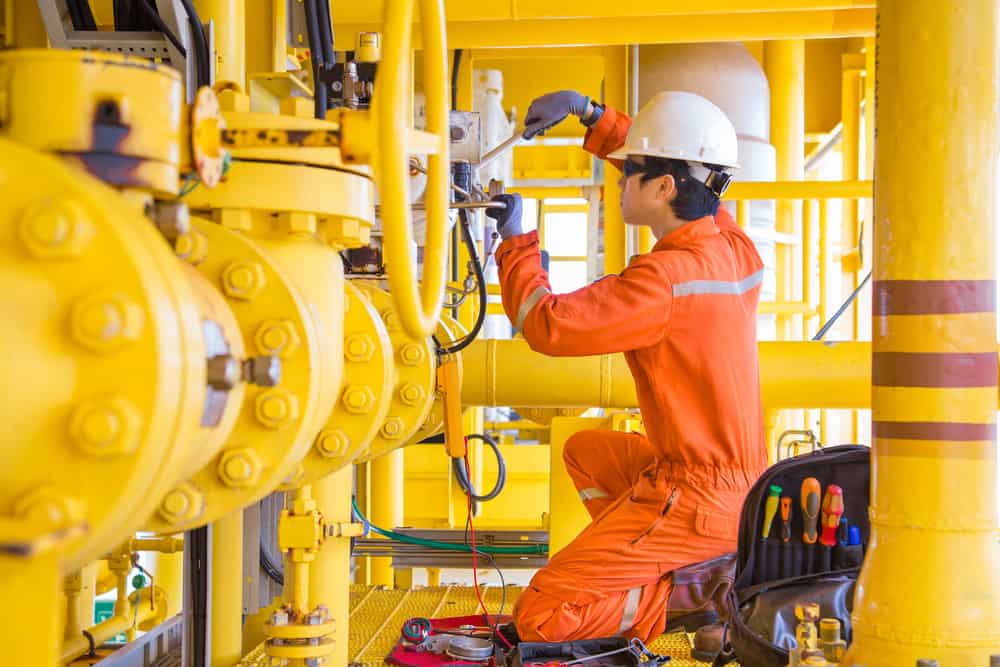
Valve technicians work in residential, commercial, and industrial properties. The role of these professionals is to manage industrial valves. They continually assess the condition of valves in the hydraulic machinery; this is especially when they are newly installed or when the production quantity is increased.
With the condition of the valves being checked regularly, it helps them understand the faulty ones and get them to repair to enhance quick functioning. The professionals mostly manage hydraulic cylinders to ensure that the power fluid is in the best motion.
The valve technician is a professional engineer and understands the right equipment to be used by a mechanic to repair, who then tests the condition of the valves.
Wind turbine travel technician

A wind turbine technician is responsible for inspecting and ensuring that wind turbines are operating correctly. The wind tech also coordinates the installation of wind turbines and ensures that they are functioning correctly.
They are also assigned to keep a close eye on the wind turbines since they are prone to shutting down immediately, resulting in a loss to the company.
Hydraulic, pneumatic technician
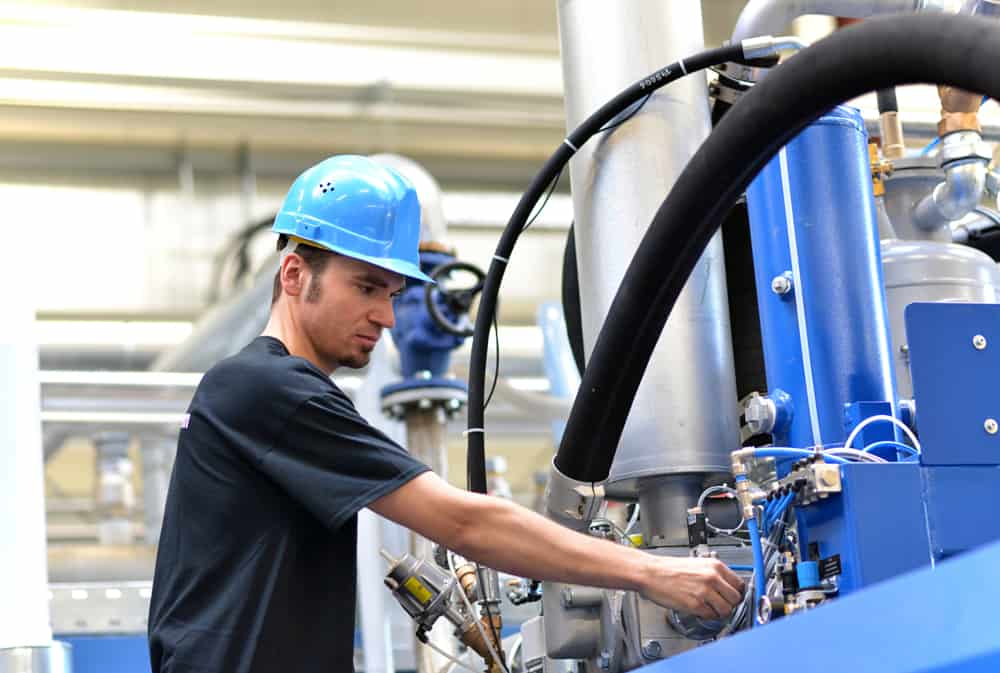
The task of a hydraulic pneumatic technician is somehow close to the hydraulic technicians. Their work ensures that they manage and repair machinery that uses pressurized fluids to transmit power from one point to another. The professionals are also referred to as fluid power technicians.
It is important to note that hydraulics systems use fluids such as oil and water to operate efficiently. The hydraulic fluid makes it easy for heavy machinery to carry and lift different objects. Pneumatic hydraulics is primarily used in low-scale firms, while hydraulics is used in large-scale production firms.
Aero mechanical technician
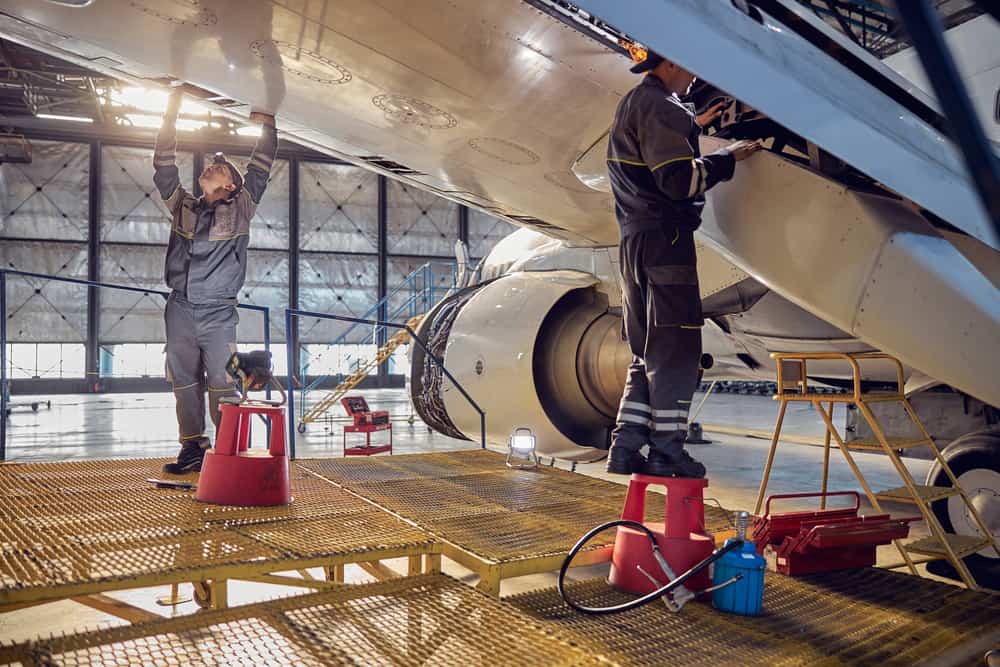
The work of an aeromechanical technician is to be used in developing, testing and sustaining new aircraft. The role of these technicians is to ensure that they keep the functioning of the aircraft’s parts in shape to ensure that the aircraft does not encounter failure. You need to perfectly fit essential skills in this field; mechanical skills, critical thinking, interpersonal and communication skills.
During training for the aeromechanical technician post, there are hydraulic components that one is required to learn to ensure that they handle tasks accordingly. This includes; shut-off valves, control valves, pressure relief valves, accumulators, filters, and reservoirs.
Workers in every firm should familiarize themselves with these parts to ensure that they offer maximum hydraulic support.
Flight simulator technician

A flight simulator technician is a professional employed by the civil aviation authority to repair and manage flight training equipment. The flight simulator technician does not carry the responsibilities outside of their assignment but what the company and the regulating board require.
This is because flight training equipment and machinery must be handled at best to ensure that the students are safe and handle the best training.
Biomed technician
A Biomed technician’s responsibility is to ensure that all the medical equipment in a health institution is in its best functioning. The Biomed technician is also responsible for teaching others how to use the equipment. Especially for the laboratory equipment, the technician ensures that it is well installed, tested, and monitored.
This is to ensure that the patients get the rightful benefit from the use of the medical equipment.
Mill wright technician
This is a mechanical technician whose work is to operate as well as manage heavy machinery in factories. The work of these professionals is to assemble as well as dismantle the equipment. The mechanical specialists also fit in construction plants as well as power plants with high effective machinery.
Aircraft maintenance technician

These are professionals who are trained to inspect the condition and functioning of aircraft parts regularly. The tasks include checking the electrical systems and the pilot monitoring board, which allows the plane to function normally.
The professionals also ensure that the communication system works properly to ensure that the craft controls converse effectively. The technician is also responsible for repairing the aircraft’s oxygen system.
Escalator technician

The condition of escalators requires regular monitoring, ensuring that the people’s safety and convenience are well-meant. An escalator technician assembles, installs, and replaces escalators and elevators. The role of an escalator technician can be suitable to pursue since almost every industry uses escalators today, and they need people to manage them.
There are essential skills that one should have to ensure that they fit in the escalator technician field; physical strength, physical stamina, detail-oriented, and mechanical skills. You can consider pursuing this course which takes almost five years, to ensure that you have the right experience.
